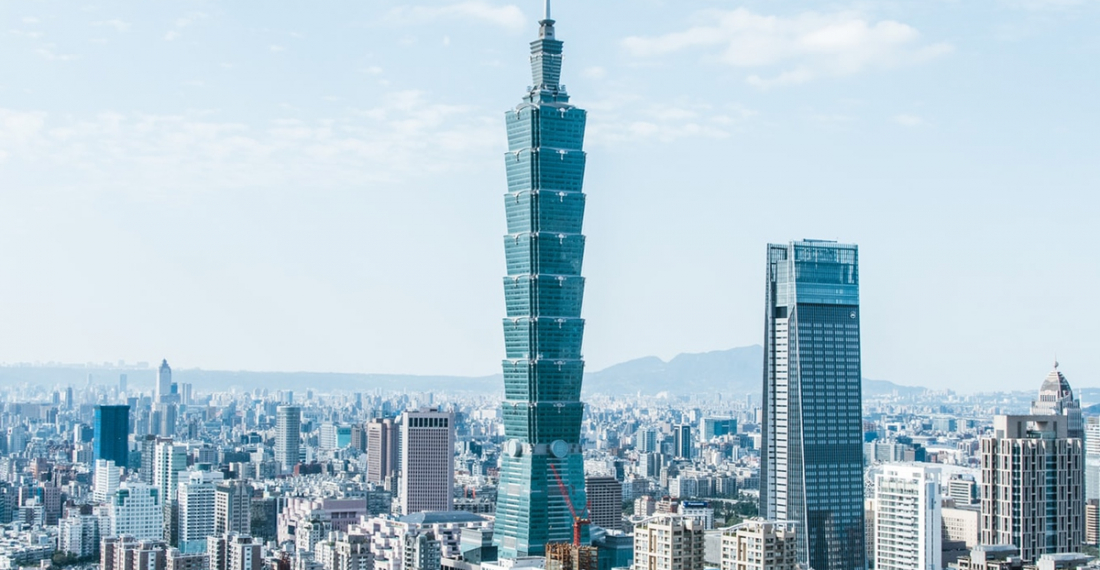In a statement issued by the Chinese Ministry of Foreign Affairs on Sunday (21 November), Beijing announced it was downgrading its diplomatic relations with EU member state, Lithuania, out of dissatisfaction with the opening of a Taiwanese embassy in the country earlier this week.
The statement said that "Lithuania has chosen to ignore China's solemn position and to disregard the broader interests of bilateral ties and the basic norms governing international relations". China urges Lithuania to "immediately put right its mistake and not to underestimate the Chinese people's strong resolve, will and capability to defend national sovereignty and territorial integrity", the ministry said in the statement.
After Taiwan announced in August that its representative office in Lithuania would be named Taiwan instead of Taipei, Beijing decided to recall its Ambassador in Lithuania's capital, Vilnius. In addition, China demanded that Lithuania recall its ambassador to Beijing. Other European countries with a Taiwanese official office and the United States use the name of the city of Taipei to avoid referring to the island itself.







